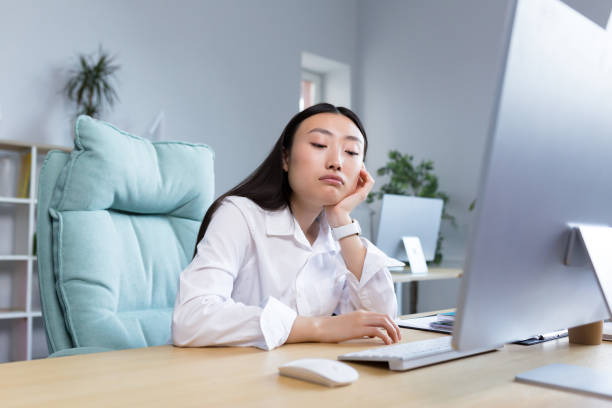
The Japanese are said to be the world’s least sleepy people. Data from the Organization for Economic Cooperation and Development (OECD) reported in 2018 showed that the average daily sleep time for Japanese was 7 hours and 22 minutes, the shortest of 30 countries (South Korea, which ranked second, was 7 hours and 41 minutes).
Meanwhile, a study by Polar, a wearable device company, which analyzed data from about 6 million product users in 28 major countries and territories (2018), also found that the average sleep time in Japan was 6 hours and 30 minutes for men and 6 hours and 40 minutes for women, both of which were the shortest in the world (the longest was 7 hours and 24 minutes for men and 7 hours and 45 minutes for women in Finland).
Turning to domestic research, the Ministry of Health, Labour and Welfare’s “National Health and Nutrition Survey in Japan” (2018) shows that about 40% of the population sleeps less than 6 hours, with many people, mainly in their 40s or so, not getting enough sleep.
The relation of sleep deprivation and hormonal imbalance
Sleep deprivation, for example, just concerning hormones, can have the following adverse effects on the human body.
・Growth hormones decrease: Growth hormones, which secrete during sleep, are closely related to the body’s basic metabolism/metabolism, collagen and protein synthesis, cell repair, and immune function. For example, when the secretion of growth hormones reduce, and skin turnover slows down, it can lead to an increase in wrinkles, dullness, and other problems.
・Melatonin is a powerful anti-aging hormone with a strong antioxidant effect and also promotes the secretion of growth hormones. Melatonin secretion is essential for the full impact of growth hormones.
・Overproduction of stress hormones: Lack of sleep leads to excessive secretion of stress hormones and disruption of the autonomic nervous system, which can lead to skin problems such as acne and breakouts, for example.
・Decrese of leptin density: The density of leptin, the appetite-suppressing hormone, is reduced, and instead, the density of ghrelin, the appetite-stimulating hormone, is increased. That leptin is less effective and increases your appetite makes you more likely to overeat and eat more calories.
Considerable losses to the socio-economy
Lack of sleep is not only costly to individuals but also society.
A 2016 study by the RAND Corporation estimated that economic losses (such as reduced management efficiency due to degraded work performance) due to sleep deprivation in Japan amounted to approximately 15 trillion yen per year. Besides, according to a survey by Professor Uchiyama Makoto of Nihon University School of Medicine, “The Impact of Sleep Disorders on Social Life and Economic Losses,” the total losses due to reduced work efficiency, absenteeism, and traffic accidents caused by drowsiness while at work amounted to approximately 3.469 trillion yen.
As you can see, the lack of sleep is nothing but harm. To successfully conduct social and economic activities while coexisting with coronaviruses, we should be conscious of getting enough good sleep and adapt to new social patterns.



